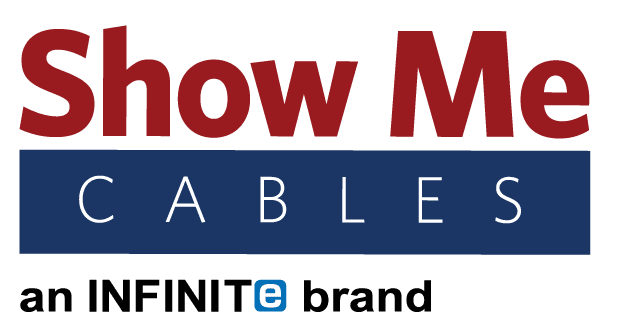certification
-
Read more »
Cables are the backbone of most modern technology. From simple ethernet cables keeping office computers online to heavy-duty power cables running hospital equipment, cables are involved with every aspect of technology. Even wireless devices like cell phones and tablets can only work by connecting to other devices like modems and routers that use cables themselves.
With cables being so critical, it is important to think economically when making purchases. However, once prices get too low it should set off a red flag. If something seems too good to be true, it usually is. Where cables are concerned, that can mean counterfeit cables that do not meet industry standards. These cables are unsafe and can damage themselves, the equipment they are connected to, and people unfortunate enough to be handling them.
Identifying Counterfeit Cables
Simply put, a counterfeit cable is any cable that does not meet industry standards. This often means using subpar materials to make the cable. Many counterfeit
-
Read more »
Product certifications are as important for cabling as for any other industry. No one wants to run the risk of winding up with sub-par products that do not work or, worse, cause damage to other devices (or people). With so many different certifications spread across just as many different industries, it can be hard to keep them straight. For cables, there are a few key certifications to keep an eye out for:
- UL-Listed
- ETL-Listed
- RoHS
- WEEE
- REACH
- Prop 65
Each of these certifications has different definitions covered below. Some or even all of them may not apply to an item depending on what kind of item is in question. For example, certifications for an ethernet cable will not be the same as ones for a patch panel. Other certifications will only apply in certain geographical areas, such as stipulations set in Europe versus ones in the North America. Keep in mind that just because a product does not list a specific certification does not make it “bad”.
UL-Listed
UL-Listed is a certification
- Cat5e & Cat6e Bulk Cable (36)
- Ecore HDMI Cables (13)
- How To Terminate RJ45 Connectors (3)
- The 5S Advantage (5)
- Network Racks (17)
- Connector (479)
-
USB
(89)
- USB Hubs (10)
-
Splitter
(51)
- Converters (24)
- Power Supply (7)
- Management Bay (2)
- Amplifier (6)
-
Adapter
(370)
- Coaxial (55)
- XLR Cables (11)
-
Tools
(36)
- Instillation Tools (12)
-
Wall Mount
(43)
- Cabinets (9)
-
Cables
(149)
- Pro Audio (82)
- Wall Plate (29)
- BNC (10)
- Wiring Cover (14)
- S-Video (6)
- Video Cables (16)
- Patch Cable (36)
- J-Hook (14)
- Power Cords (43)
- Cat7 (3)
-
Charger
(5)
- Car Charger (4)
- Wall Charger (2)
- Lightning (1)
- Data (4)
- HDMI (14)
- Adapters (2)
- Cat5e (2)
- Cat6 (2)
- Ethernet (37)
- Cat6a (4)
- RJ45 (4)
- Computer Cables (3)
- USB (2)
- FireWire (1)
- Serial (3)
- DIN (3)
- Audio Cables (3)
- 3.5mm (4)
- VGA (4)
- DVI (3)
- Optical Toslink (1)
- XLR (3)
- RCA (2)
- DisplayPort (4)
- telephone (8)
- rj11 (3)
- rj12 (3)
- coiled (0)
- flat (0)
- Coax (10)
- RF (2)
- RG (2)
- Low Loss (LMR) (2)
- fiber optic (11)
- Speaker Wire (2)
- AWG (1)
- labels (0)
- management (4)
- tape (0)
- splice (0)
- techflex (0)
- safety strip (0)
- boot (0)
- heat shrink (0)
- weatherproof (1)
- management (2)
- prep (1)
- support (1)
- extension (3)
- raceway (1)
- duct (1)
- crimp (1)
- Stripper (1)
- Cutter (1)
- surge protectors (5)
- power strips (2)
- How To Terminate Coax Connectors (0)
- antenna (1)
- satellite (1)
- detangler (1)
- DIY (11)
- banana (1)
- switch (7)
- custom (1)
- ShowMeCables (1)
- guide (1)
- Brands (1)
- multi-conductor (2)
- announcement (1)
- patch panel (2)
- keystone (3)
- ceiling mount (3)
- Pinouts (1)
- History (2)
- Certification (3)
- Organization (1)
- null modem (1)
- Television (2)
- DMX (1)
- streaming (0)
- Glossary (1)
- FAQ (1)
- Bulk Cable (1)
- Industrial (1)
- Cybersecurity (1)
- Computer Security (1)




